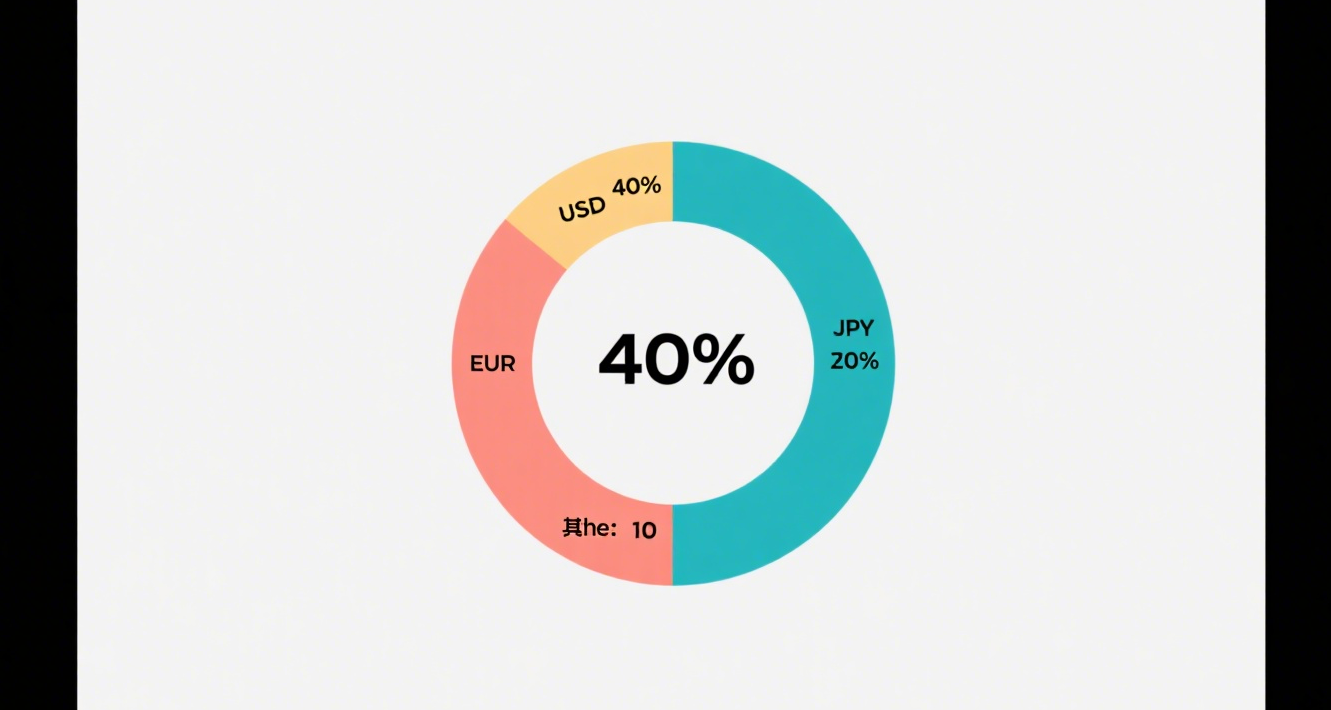
How to Identify Stocks with Independent Trends?
Auburn Motors
This stock often moved independently, contrary to other auto stocks: it rose when others fell, and vice versa.
-
May 1933: Low at $28.75.
-
August 1932: High at $81.
-
February 1932: Low at $31 ($2.25 above the 1933 low, signaling support).
-
July 1933: Peaked at $84.25 (only $3.25 above the 1932 high), then reversed.
-
October 1933: Fell to $31 (matching the 1932 low).
-
March 1934: Rebounded to $57.375 (below prior highs, showing weakness).
-
June 1934: Broke all lows, trading at $29–$31.
-
July 1934: Plunged to $17.
-
October 1934: Rebounded to $30 but failed to break out, signaling further decline.
-
March 1935: Hit a new low at $15.
-
August 1935: Surpassed $30 (above prior highs), confirming an uptrend.
-
October 1935: Rallied to $45.5.
Chrysler vs. Auburn
Comparative strength at key points:
| Period | Chrysler Price | Auburn Price |
|---|---|---|
| June 1932 | $5 | $77.125 |
| February 1933 | $7.75 (low) | $31.25 (low) |
| September 1933 | $52.875 (high) | $45 (down $39 from July 1933 high) |
| August 1934 | $29.25 (low) | $17 (low) |
| July 1935 | Broke $60.375 (prior high) | Below 1934 highs |
| October 1935 | $88.75 | $45 |
Key Takeaways
-
Follow Individual Trends: Chrysler’s strength in 1935 vs. Auburn’s weakness proves the rule: buy the strongest stocks.
-
Timing Matters: Chrysler peaked earlier (October 1928) than other auto stocks, while Auburn topped at the 1929 bull market’s end. By April 1931, Chrysler hit $295.5 while others were still declining.
















